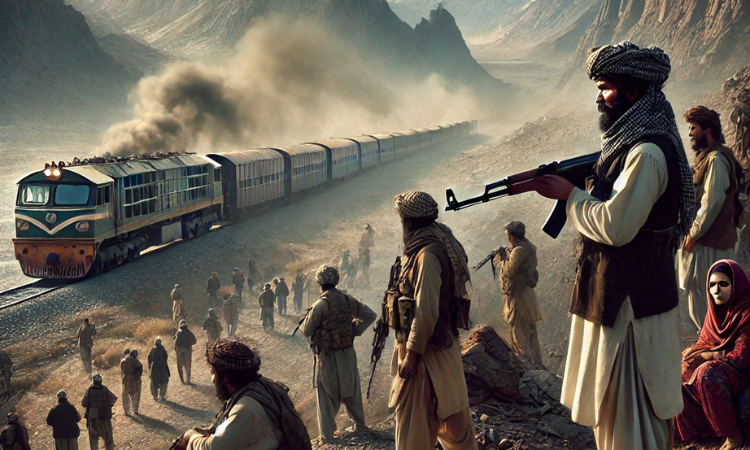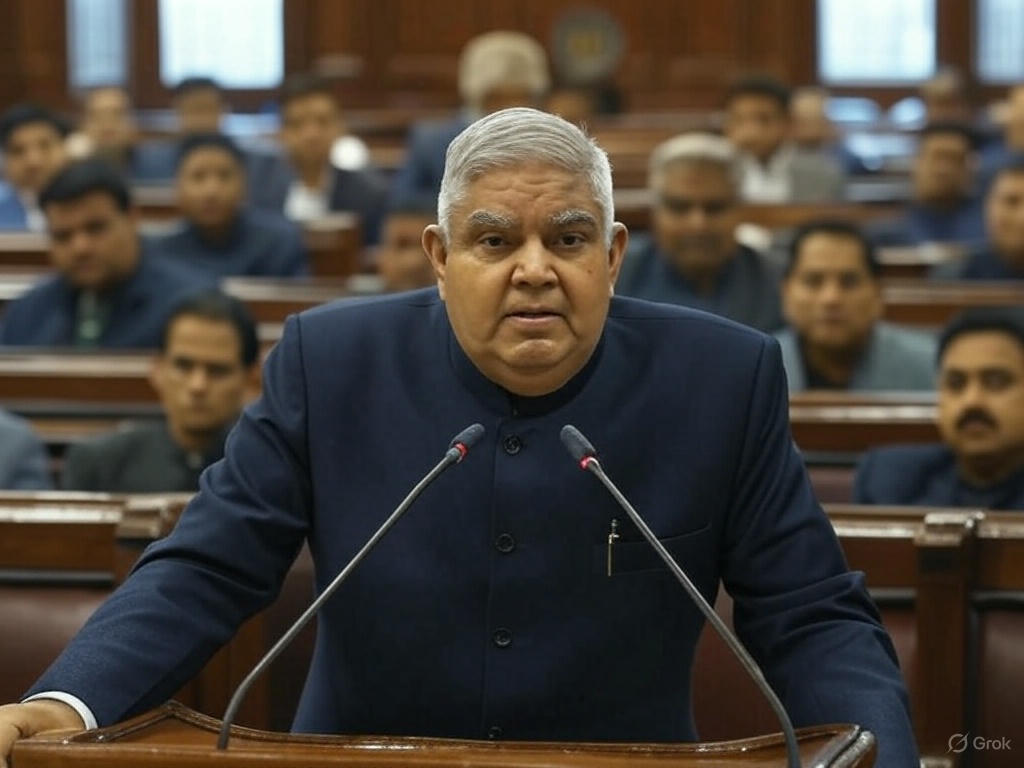WORLD INSIGHT
The Balochistan Liberation Army (BLA) hijacked a train carrying 400 passengers in a mountainous region of Pakistan. While women and children were released, militants demanded the release of their imprisoned members. The Pakistani government refused and launched a 24-hour military operation, resulting in 21 civilian deaths and four Frontier Corps personnel casualties. Media reports suggest that Pakistan’s forces may have suffered additional losses, and security forces later faced heavy attacks across Balochistan.
A United Insurgency
Security concerns in Balochistan have been escalating, with fears of secession growing among political figures. The train hijacking highlights the insurgents’ improved operational capabilities, their ability to resist military forces, and their effective social media strategy. The BLA and other armed groups, including BLF, BRG, and SRA, have strengthened coordination under the Baloch Raji Aajoi Sangar (BRAS), enabling them to launch coordinated attacks on Pakistan’s military.
Concerns of the Baloch People
Balochistan has faced multiple insurgencies over the decades. Beyond armed conflict, civilians demand basic necessities, an end to enforced disappearances, and economic rights. Protests, especially women-led movements, have called for an end to state oppression. The Pakistani government has historically neglected Balochistan’s political and economic needs, despite the province’s rich natural resources. The China-Pakistan Economic Corridor (CPEC) has further exacerbated grievances, as locals feel excluded from decision-making and fear demographic changes.
Regional Complexities
The Baloch insurgency lacks strong international support, limiting its success. India’s geographical distance prevents it from providing material aid, and Iran opposes Baloch nationalism due to its own Baloch population in Sistan province. Meanwhile, Pakistan’s tensions with Afghanistan have worsened, as the Taliban refuses to contain the Tehrik-e-Taliban Pakistan (TTP). Reports suggest possible links between the BLA and TTP, posing a dual threat to Pakistan’s security forces on its western border.
Lack of Popular Support
The Pakistani military-civilian leadership faces a legitimacy crisis, worsened by its handling of Imran Khan’s political downfall. With little public trust, serious negotiations with insurgents seem unlikely. A decentralized approach, including greater revenue sharing from resource extraction, could help address Baloch grievances. However, without meaningful reforms, unrest in Balochistan is expected to continue.






